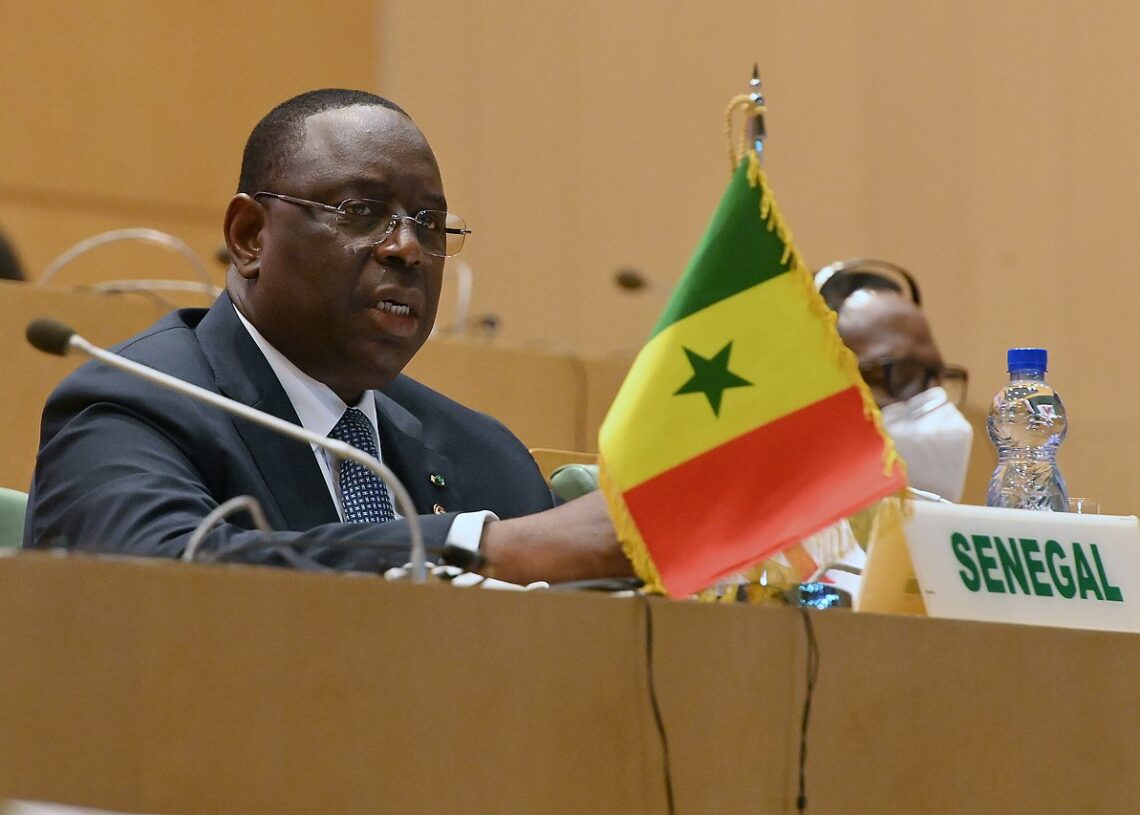Senegal’s political landscape is in upheaval as the national dialogue commission suggests a delayed presidential election on June 2, urging President Macky Sall to stay in office until his successor is sworn in. This recommendation comes after the initial postponement of the election from Feb. 25, a move that triggered unprecedented political turmoil in the West African nation.
The oil and gas-producing country, poised for significant economic changes by year-end, now faces a political crisis following the failed attempt by Sall and the parliament to delay the poll by ten months. The resulting unrest has raised concerns about democratic regression in one of West Africa’s more stable democracies, already marked by recent coups in the region.
The commission’s proposal emerged after two days of dialogue organized by President Sall in an attempt to alleviate rising tensions. The talks, held in the capital Dakar, were boycotted by a significant portion of the opposition, some of whom insist on holding the election before Sall’s mandate expires on April 2.
Ndiawar Paye, a member of the commission, announced on Tuesday that the recommendation, including the proposed June 2 date, would be submitted to President Sall for a final decision. In a phone interview with Reuters, Paye noted that it remains uncertain whether Sall would accept the suggestion, but a decision could be expected as early as Tuesday or Wednesday.
The commission’s agreement on an early June election date stems from the impracticality of holding elections in May due to the occurrence of numerous religious festivals during that month, according to Paye. It remains to be seen how the opposition will respond to this proposed timeline, especially considering their successful legal challenge to the original postponement, which led the top constitutional authority to rule the delay unlawful.
The political uncertainty in Senegal has not only strained domestic stability but has also raised concerns internationally. The initial attempt to postpone the election by almost a year sparked widespread unrest and brought into question the country’s commitment to democratic principles.
President Sall, who initially justified the delay as necessary for electoral reforms, has faced criticism for what some view as an attempt to extend his rule beyond the constitutionally mandated period. The dialogue commission’s proposal for a June 2 election is an attempt to find a middle ground and restore stability to the nation.
However, the opposition’s reaction to this proposed date remains a wildcard. Their boycott of the dialogue talks and insistence on an earlier election indicate a deep-rooted mistrust in the current administration’s intentions. The successful legal challenge against the initial postponement has bolstered the opposition’s position, putting additional pressure on Sall to navigate the delicate balance between democratic principles and political expediency.
Senegal’s democratic reputation in West Africa is at stake as the country navigates this turbulent period. The top constitutional authority’s insistence on a swift resolution to the electoral crisis underscores the urgency of finding a compromise that satisfies all stakeholders. The upcoming days are crucial, as President Sall’s decision on the commission’s recommendation will shape the trajectory of Senegal’s political landscape and its adherence to democratic norms.
As the world watches, Senegal stands at a crossroads, grappling with the complexities of political maneuvering, democratic governance, and the imperative to ensure a smooth transition of power. The proposed June 2 election date offers a potential resolution, but the path to reaching that point is fraught with challenges that will test the resilience of Senegal’s democratic institutions and the commitment of its leaders to upholding the democratic ideals they have long championed.





